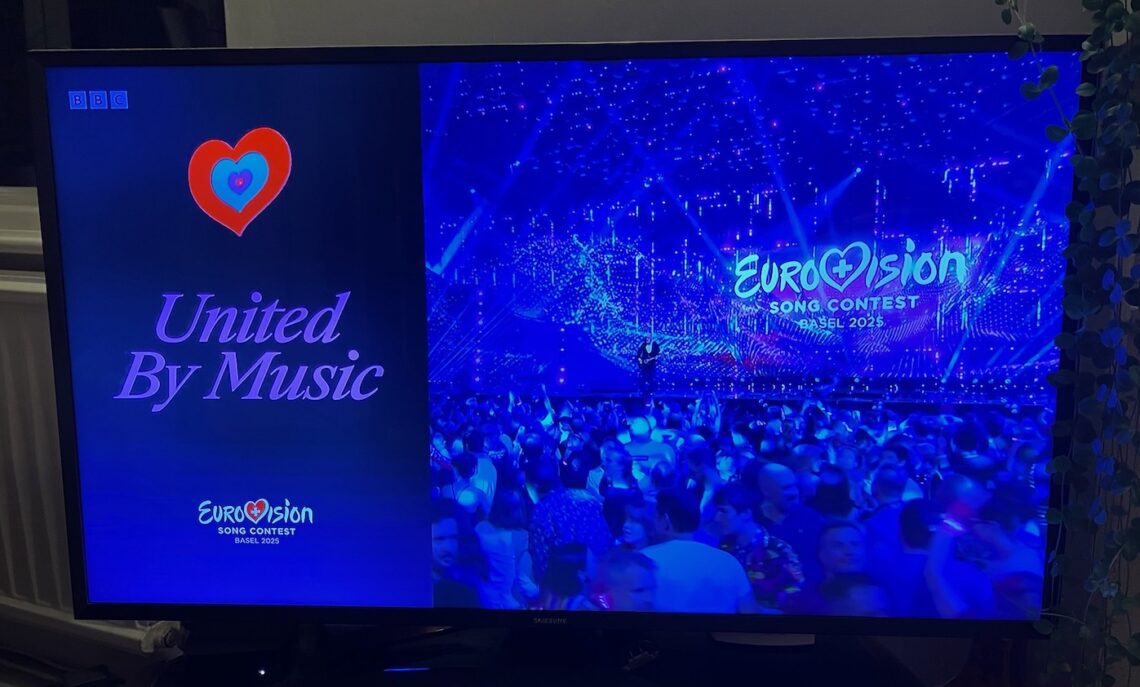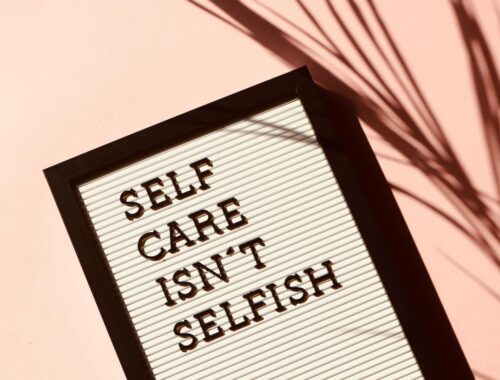
Eurovision Fever Strikes
The Eurovision Song Contest, the Europe-wide (plus Australia and a couple of other countries that aren’t geographically in Europe) musical spectacle is upon us again. It’s a big deal in our house: We tend to have friends over for a party with all kinds of savoury and sweet European nibbles and drinks that I can get hold of, put up European flags bunting and we rate the acts on scoresheets.
We also watch the semi-finals on the preceding Tuesday and Thursday where 31 countries battle for 20 spaces in the grand final. It’s a great preview, a chance to see the acts on stage that don’t make it to the final and to spot this year’s ‘fashionable features’: key changes are back, the traditional pyrotechnics are still popular as are costume changes and the aerial view of an LED display floor.
I’ve always been fascinated by Eurovision. As a child, I loved watching it because it was the only way I could see people from countries we weren’t allowed to travel to (I grew up in East Germany) and hear so many different languages, all in one show! That was before the majority of acts sang in English, fortunately a trend that has been reversing in recent years, and in fact, most of the songs that made it through the first semi-final were not in English! It certainly helps to cover daft lyrics.
If you don’t know, the contest is held annually in May, usually in the country that won the last one. A recent exception was Ukraine, where Liverpool, UK stood in as the venue due to the war, and the one during Covid was held online. It is broadcast simultaneously in member countries of the European Broadcasting Union (EBU), which organises the event, while fans around the world can watch on the EBU’s website and vote on the official Eurovision app. This year, it is held in Basel, Switzerland where 37 countries are competing. Saturday’s grand final will feature the 20 acts from the semi-finals chosen by public vote as well as the six pre-qualified countries (last year’s winner Switzerland plus the Big 5 whose broadcasters make the largest contributions to the extravaganza: Germany, UK, Italy, France and Spain). The winner will be chosen by jury and public vote.
As the acts are usually selected by public vote in their home countries, the music caters to all tastes and styles… from sweet story-telling to power ballads to folk, dance music, Techno, hard rock and the kind of crazy nonsense songs (often very catchy!) and outrageous costumes Eurovision has a reputation for. There are stunning vocal performances (and those that make you worry about your wine glass shattering), musical instruments you’ve never seen before, acrobatics, creative props and digital trickery. My favourites this year so far are Switzerland and Italy, both amazing songs that don’t require lots of staging to be powerful.
Apart from immersing me in music for the night and presenting a show with all the trimmings where almost anything goes, Eurovision indulges my special interest in foreign languages and cultures and I love the mix of it all. True, there has been controversy in recent years about letting countries like Russia and Israel take part and you can spot political and nationalist patterns in the public vote. But seeing people from so many different nations compete together, with people in the venue holding up different flags and having the time of their lives reminds me that we’re all just people – with different languages, backgrounds, tastes, looks and ideas. In today’s world where so much political rhetoric is about polarisation, nationalism and populism, I find it uplifting to watch this friendly competition and experience the spirit of cooperation that put it all together and makes it work. ‘United by music’ is a slogan adopted by Eurovision and the show is certainly a reminder that there’s far more that unites us humans than divides us.
If you fancy catching the next semi-final, it’s on Thursday night (15 May), BBC1, 8pm UK time. The grand final is this Saturday (17 May) at 8pm UK time, also on BBC1.

Back to the EU?
You May Also Like

Mens sana en corpore sano
February 23, 2025
A Guide to fun Easter traditions from around the world
April 17, 2025

